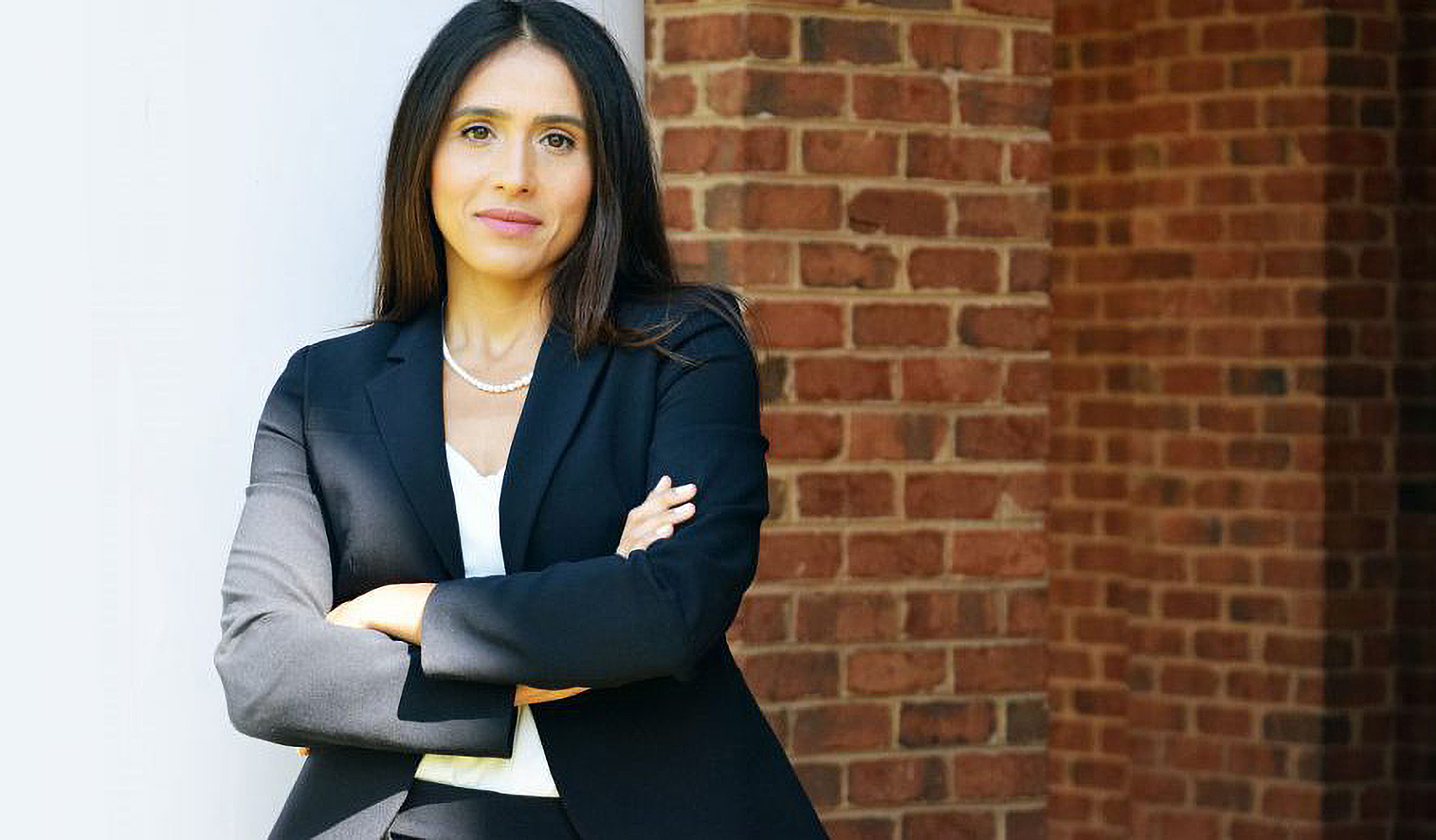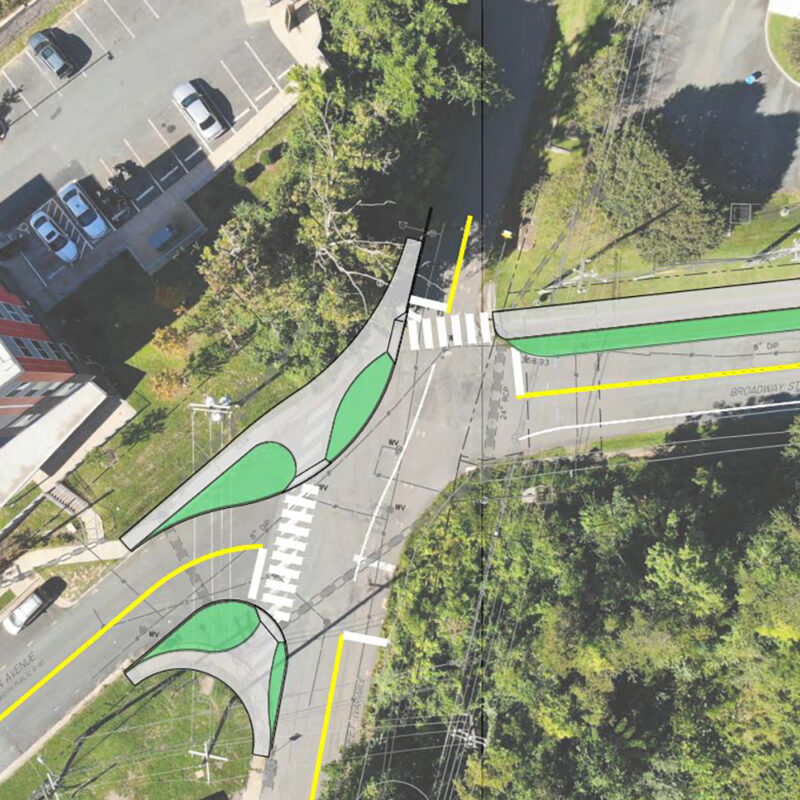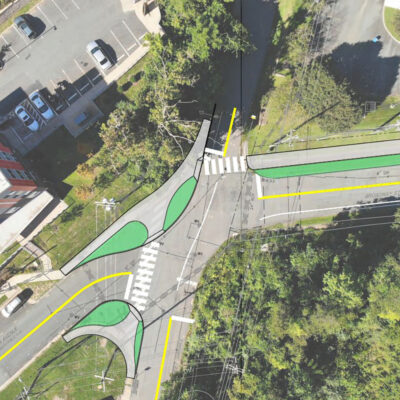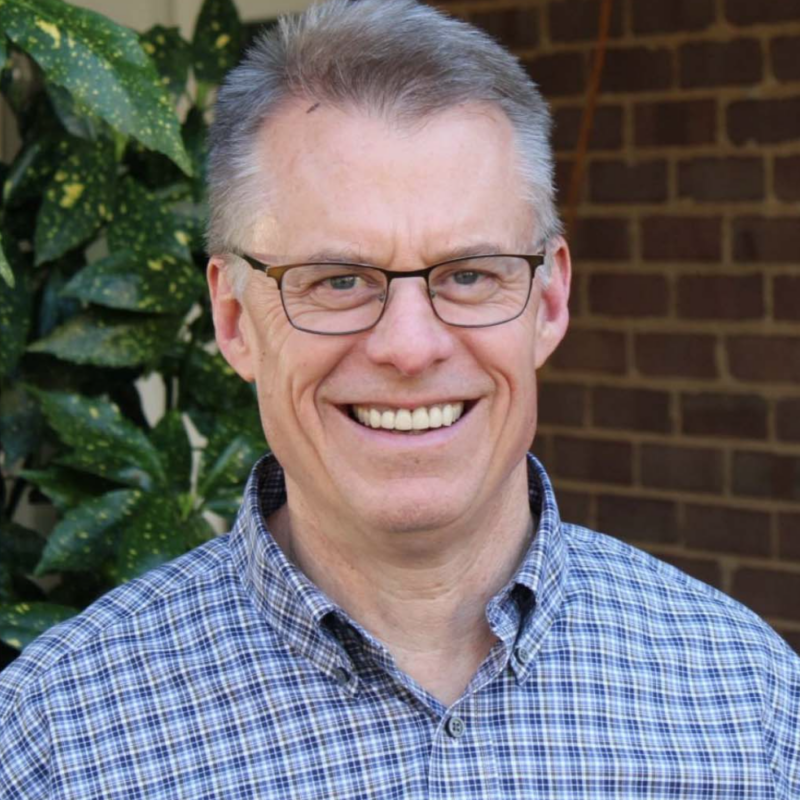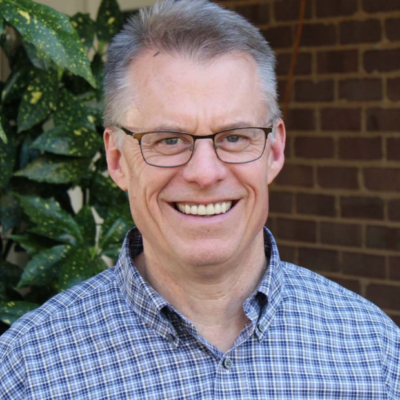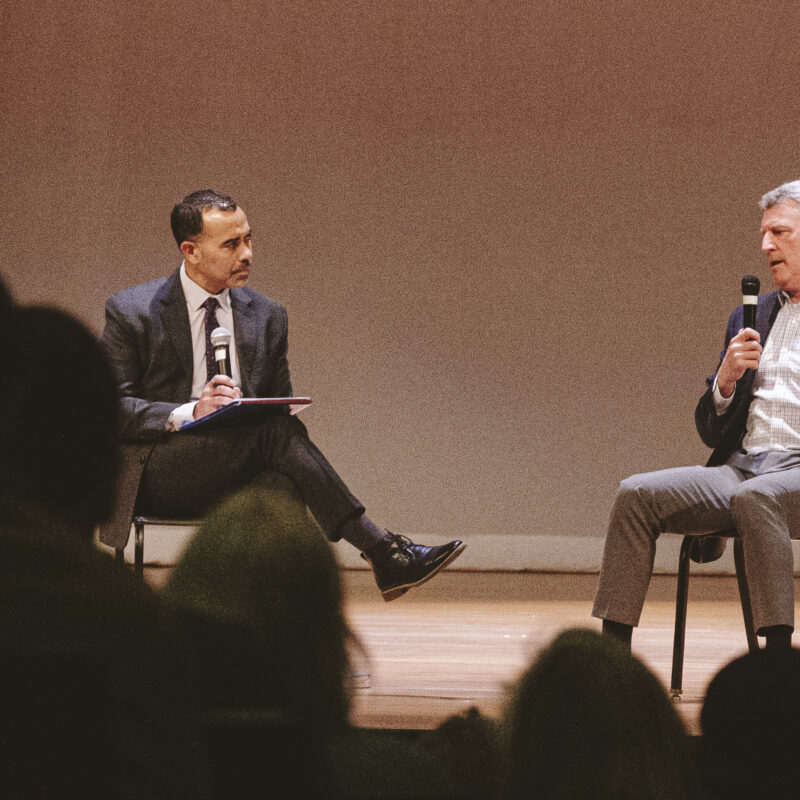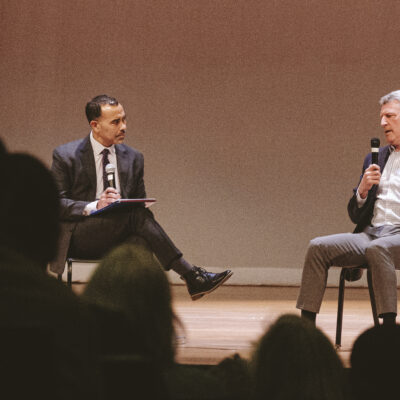From the border wall to expedited deportations, hard-line immigration policy has been a priority for President Donald Trump for years. Amid the barrage of executive orders and immigration policy changes from Washington, D.C., local organizations and individuals find themselves in both familiar and uncharted waters.
Charlottesville is hundreds of miles from the nearest land border crossings—more than 1,400 miles from the Del Rio, Texas, crossing and 340 miles from the Peace Bridge in Buffalo, New York—but the city has several thriving immigrant communities.
Recent estimates from datausa.io and the U.S. Census put Charlottesville’s foreign-born population between 8.2 and 10.3 percent, respectively. Within that population, and even within households, there are immigrants with a range of different legal statuses: naturalized citizens, green card holders, refugees, and Special Immigrant Visa, Temporary Protected Status, and Deferred Action for Childhood Arrivals recipients.
For local immigrant activists, it’s too early to tell how the Trump administration’s policies will affect Charlottesville residents. Still, there’s work (and support) to be done.
“There’s a lot of chaos—a lot of change—happening on a day-to-day basis, and that seems to be consistent from both [Trump administrations],” says Tanishka Cruz, a longtime local immigration attorney. Her firm, Cruz Law, PLLC, focuses on immigration law, including deportation defense, family-based immigrant visas, and humanitarian relief.
City- and locality-level data on foreign-born communities is limited, but estimates from the American Immigration Council indicate 12.6 percent of Virginia’s population is foreign-born, with the five most common countries of origin being India, El Salvador, Mexico, the Philippines, and Korea. Approximately 632,900 immigrants in Virginia are naturalized citizens, with an additional 144,200 eligible for naturalization. Roughly 227,100 of immigrants in the commonwealth are undocumented, and another 17,700 DACA eligible.
“Under the Biden administration … there were priorities for removal. But now under this administration, they just sort of see everyone as a priority for removal,” says Cruz. Many of the policy changes brought by Trump were anticipated, but the extent of enforcement actions and their legality is yet to be determined.
Frank Sullivan, a board member of Sin Barreras, says expanded powers for ICE are contributing to anxiety among some local immigrants.
“The way that it used to be in Trump One was that Customs and Border Protection had the possibility to stop anyone … within 100 miles of the border,” he says. “Customs and Border Protection can now stop anybody anywhere in the country and ask for papers. And if you can’t show your papers that you have been in the country for at least two years … you are liable for immediate arrest and immediate rapid departure—deportation.”
Another major concern for Sullivan is the disruption of schools, hospitals, and churches as protected spaces. Both Charlottesville City and Albemarle County Public Schools have said they do not ask students for their immigration status and will not allow ICE onto campuses without warrants.
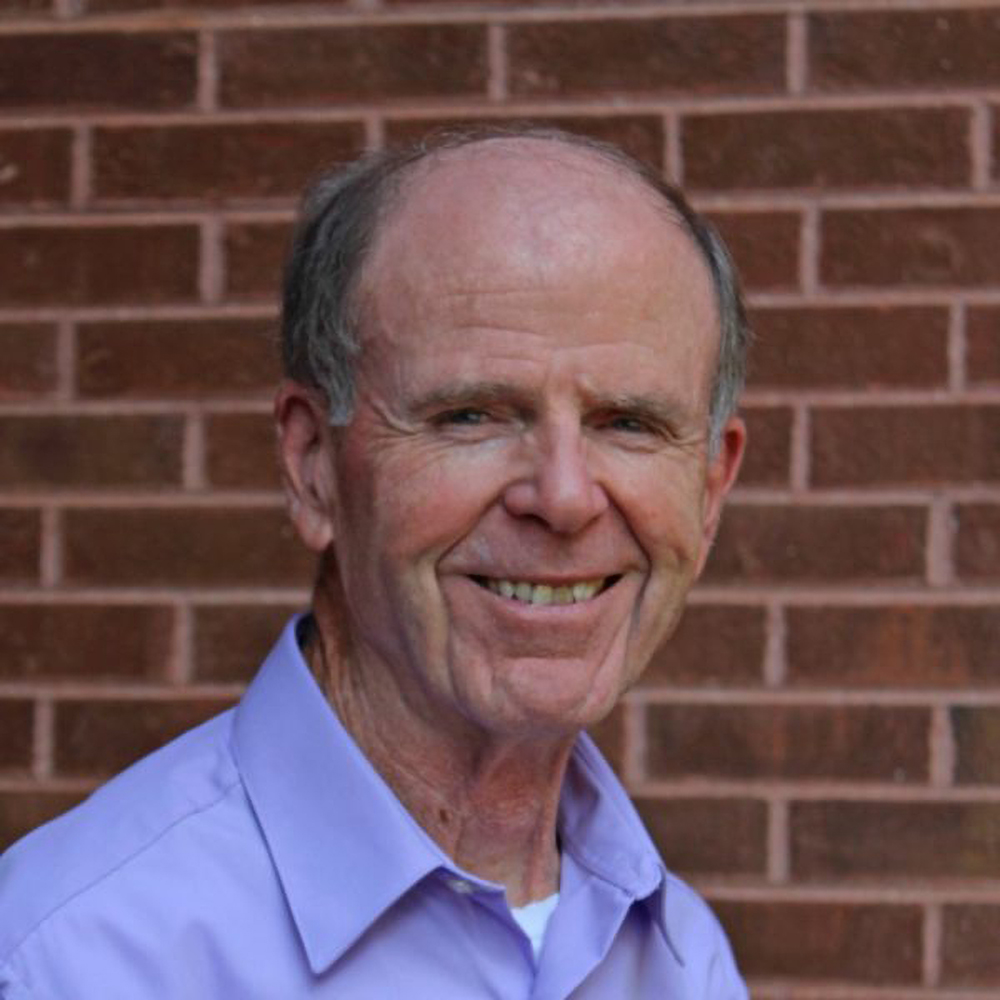
Cruz has not encountered any change in Immigration and Customs Enforcement activity locally, but is monitoring the renewed practice of collateral detentions and reports of detentions at ICE check-in appointments.
While most of the policies enacted by Trump are reiterations of executive orders from his first administration, Cruz and other immigration activists have also been contending with new and untested immigration policies—including the firing of 20 federal immigration judges and the designation of international drug cartels as terrorist organizations.
In areas with high rates of cartel-related violence and kidnappings, migrants are frequently extorted for money and services, according to Cruz.
“Now if you pay that ransom, if you pay that extortion—even if it’s under the threat of death—you’re going to be barred from being able to seek asylum, because what it does is it triggers the terrorism bar,” she says. “You’ve provided material support to a terrorist organization. … Now you’re barred from being able to get asylum.”
As an International Rescue Committee resettlement community, Charlottesville has thousands of residents with Special Immigrant Visas, Temporary Protected Status, or refugee status.
“It’s really an unusual time … for a lot of people who thought that they were going to have certain types of protections here, or a pathway to permanent protection here, and then it disappears overnight,” says Kristin Clarens, who works with Legal Aid Justice Center. “It’s a weird, weird new reality.”
Walking the line of providing resources and support while still acknowledging the real concern of Charlottesville residents has been a balancing act for Cruz and others working with immigrants. “What I advise people to do is to make a plan and … prepare a power of attorney,” she says. “Nobody likes to think about these things, and it can be very anxiety-provoking. But at the same time, having a plan, I think, also sometimes helps people cope with what they might be facing. … It’s hard also not to not minimize it, because there are threats and there are risks.”
The LAJC is offering similar advice and resources.
“The main thing that we’re doing, from a community organizing perspective, at this point is offering legal orientations and Know Your Rights sessions to different pockets of … concerned populations around the community,” says Clarens. “We have seen some people change their daily behavior to reduce their risk. And for some people, that’s probably a wise idea to the extent that it doesn’t stand in the way of their ability to live their lives.”
Amid the uncertainty, one bright spot has been the ample support from the Charlottesville community.
“We have historically done a really good job targeting areas where more support was needed and then making it happen,” says Clarens. “And I think we’re continuing to do that right now. … We’re working hard to make sure that people feel protected and feel cared for and welcomed. And I’m really, really proud of that. We’ve been doing it for years. This is a second round where the stakes feel higher, and I think we’re rising to the occasion.”
